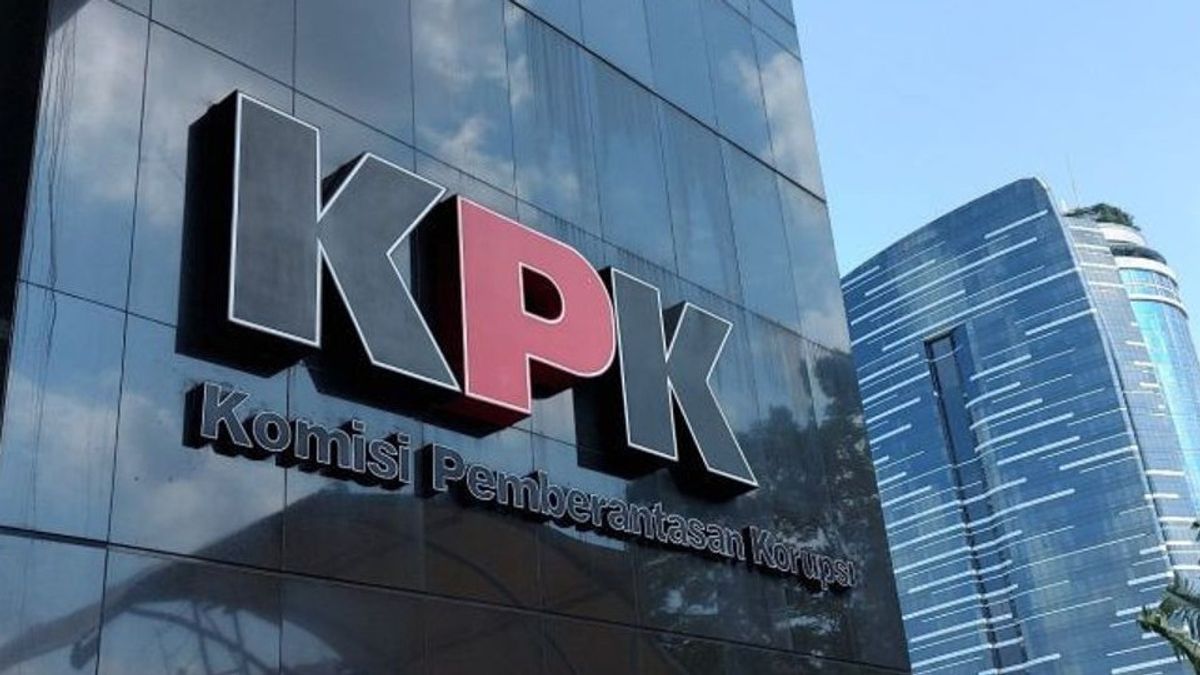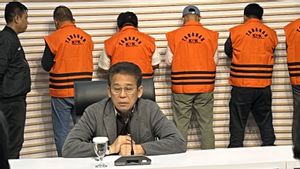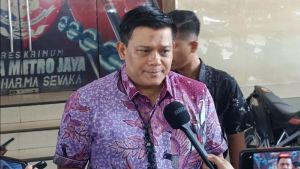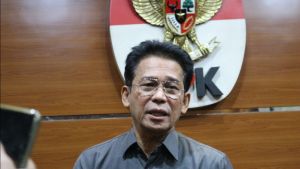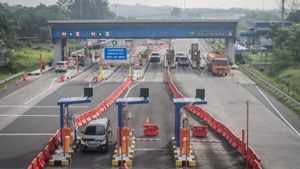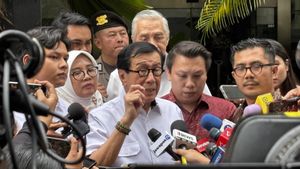The leading anti-corruption institution, the Corruption Eradication Commission (KPK), is entangled in a legal drama involving its own chairman, Firli Bahuri. Irony thrives between idealism and inevitable reality.
Vice President Ma'ruf Amin highlighted the enormity of the task of maintaining the dignity of the KPK. The high idealism and strong determination to eradicate corruption, the symbol of the KPK, seems fragile in the face of the irony of reality.
Metro Jaya Police named Firli Bahuri as a suspect in the alleged extortion case, damaging the image of the KPK. This decision created pressure on the institution.
Metro Jaya Police Chief, Inspector General Karyoto, responded to potential resistance from Firli Bahuri, creating a dramatic atmosphere. Legal assistance for Firli Bahuri and the participation of four KPK leaders in the investigation at Metro Jaya Police gave rise to complicated internal dynamics. Is the KPK able to maintain its internal consistency and solidarity?
The Metro Jaya Police Legal Team stated its readiness to face potential resistance from Firli Bahuri who filed a pretrial lawsuit. A lawsuit that creates tension and uncertainty between the parties to the dispute.
The pretrial hearing and pretrial lawsuit from Firli against the Metro Police Chief add an increasingly complex legal dimension to this drama, like chapters in a novel, creating uncertainty about the ending of the story.
Firli Bahuri was temporarily dismissed and replaced by Nawawi Pomolango as Acting chairman of the Corruption Eradication Committee (KPK), created his own dramatic story. The public seems to be carried along through the twists and turns of Firli's life, who becomes a tragic figure in this complicated plot.
In this story, Firli is no longer a hero, but a tragic figure who fell himself. Mistakes that may occur are the culmination of the routine fight against corruption. What happened to Firli Bahuri created internal uncertainty and damaged public trust in the KPK as the front guard in fighting corruption.
SEE ALSO:
In fact, as a police officer, Firli was brilliant. Starting his career as a non-commissioned officer, he managed to enter the Police Academy, twice served as Regional Police Chief, and even reached the rank of three stars and became Chairman of the Corruption Eradication Commission.
In a paradox that is difficult to avoid, Firli Bahuri no longer has authority, but is still allowed to enter the office, creating an irony that is difficult to understand. How can an institution founded to eradicate corruption become trapped in an ironic tragedy?
With this story, the Corruption Eradication Committee (KPK) faces a true test. This institution was formed with the aim of increasing the efficiency and effectiveness of efforts to eradicate criminal acts of corruption. The KPK is guided by five principles: legal certainty, openness, accountability, public interest and proportionality. Their high idealism and determination to eradicate corruption is now faced with harsh reality. How the Corruption Eradication Commission manages internal conflicts and continues its strategic role as an anti-corruption institution will be in the future.
Of course everyone loves the KPK. Everyone wants corruption to be eradicated. Everyone is concerned about this case and does not want the Corruption Eradication Committee to slack off in eradicating corruption. The Corruption Eradication Committee (KPK) must remain the leading institution in eradicating corruption.
The English, Chinese, Japanese, Arabic, and French versions are automatically generated by the AI. So there may still be inaccuracies in translating, please always see Indonesian as our main language. (system supported by DigitalSiber.id)
